This post may have affiliate links. This means that sometimes when you click a link on our site and make a purchase on Amazon, we may earn a small commission at no additional cost to you. We only recommend products we truly believe in, and your support helps keep us running!
Summer evenings spent on the patio – the sound of crickets chirping, a gentle breeze, and… the unwelcome buzz of mosquitoes? Don’t let these pesky insects turn your outdoor oasis into an itchy battleground.
There’s a natural solution that combines beauty with functionality: mosquito-repellent plants! These fragrant flora not only add a touch of charm to your patio pots, but their essential oils effectively deter those unwelcome guests. The best part? Many of these plants are incredibly easy to grow, even for novice gardeners.
So, grab your gardening gloves and get ready to create a delightful, mosquito-free haven. Here are 10 fantastic mosquito-repellent plants that will thrive in your patio pots:
1. Citronella Grass: The Classic Choice
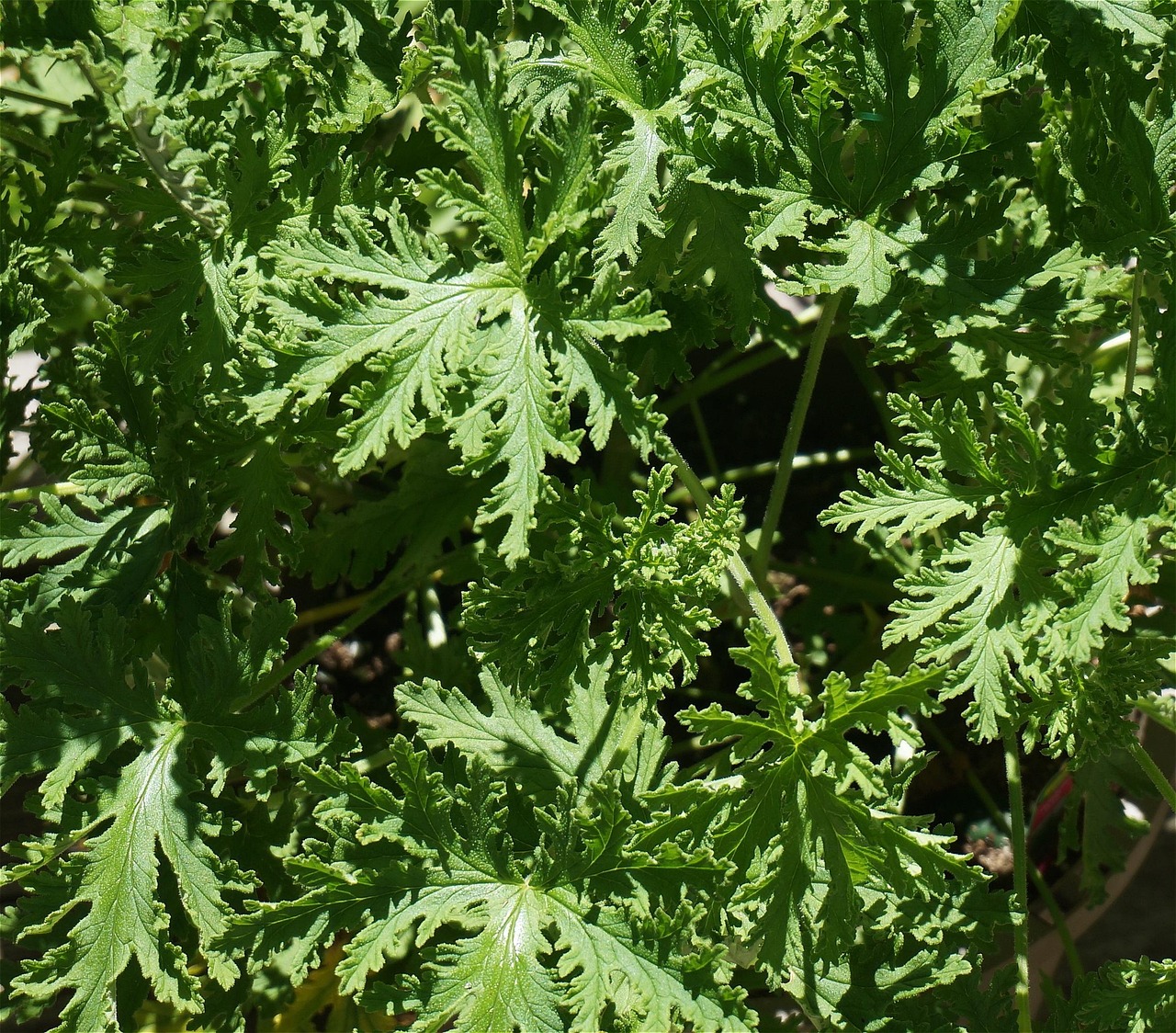
Citronella grass is perhaps the most well-known mosquito repellent plant. This tall, lush grass is a natural source of citronella oil, a common ingredient in commercial mosquito repellents. The strong citrusy scent emitted by the leaves effectively masks the human odors that attract mosquitoes.
Growing Tips:
- Citronella grass prefers full sun and moist, well-drained soil.
- It can grow quite tall, so choose a large pot to accommodate its growth.
- To maximize the release of citronella oil, occasionally brush against the leaves or give them a gentle squeeze.
Bonus Tip: Citronella grass is a perennial in warmer climates, but it can be brought indoors during the winter months as a houseplant.
2. Lavender: Fragrant Beauty with Bite
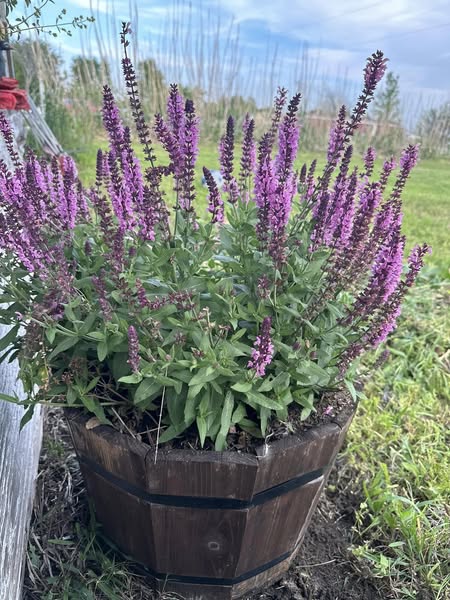
Lavender is a beloved herb known for its calming scent and beautiful purple flowers. But did you know it’s also a natural mosquito repellent? The fragrant oils in lavender flowers not only repel mosquitoes but also deter flies and gnats.
Growing Tips:
- Lavender thrives in full sun and well-drained soil.
- Allow the soil to dry slightly between waterings.
- Deadhead spent flowers regularly to encourage continuous blooming throughout the summer.
Lovely Lavender Pairings:
- Plant lavender alongside other mosquito-repellent herbs like rosemary or catnip to create a fragrant and functional patio display.
3. Catnip: A Feline Favorite with a Mosquito-Repelling Secret
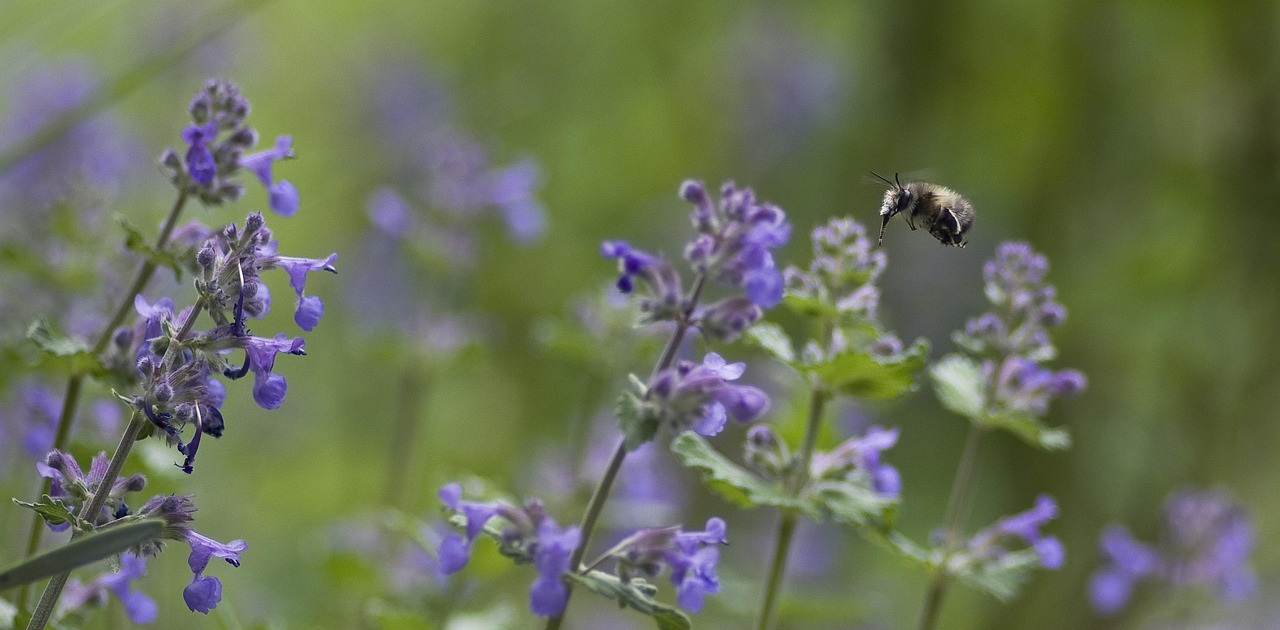
Catnip might be the ultimate feline attractant, but for mosquitoes, it’s a major turn-off. Catnip contains nepetalactone, a compound that’s ten times more effective at repelling mosquitoes than DEET!
Growing Tips:
- Catnip thrives in full sun and well-drained soil.
- It’s a fast-growing plant, so be prepared to trim it back occasionally to maintain its shape.
A Word of Caution:
- While catnip is harmless to humans, it can be quite intoxicating to felines. If you have outdoor cats, plant catnip in a hanging basket or a location that’s out of their reach.
4. Marigolds: Cheerful Blooms that Keep Mosquitoes at Bay
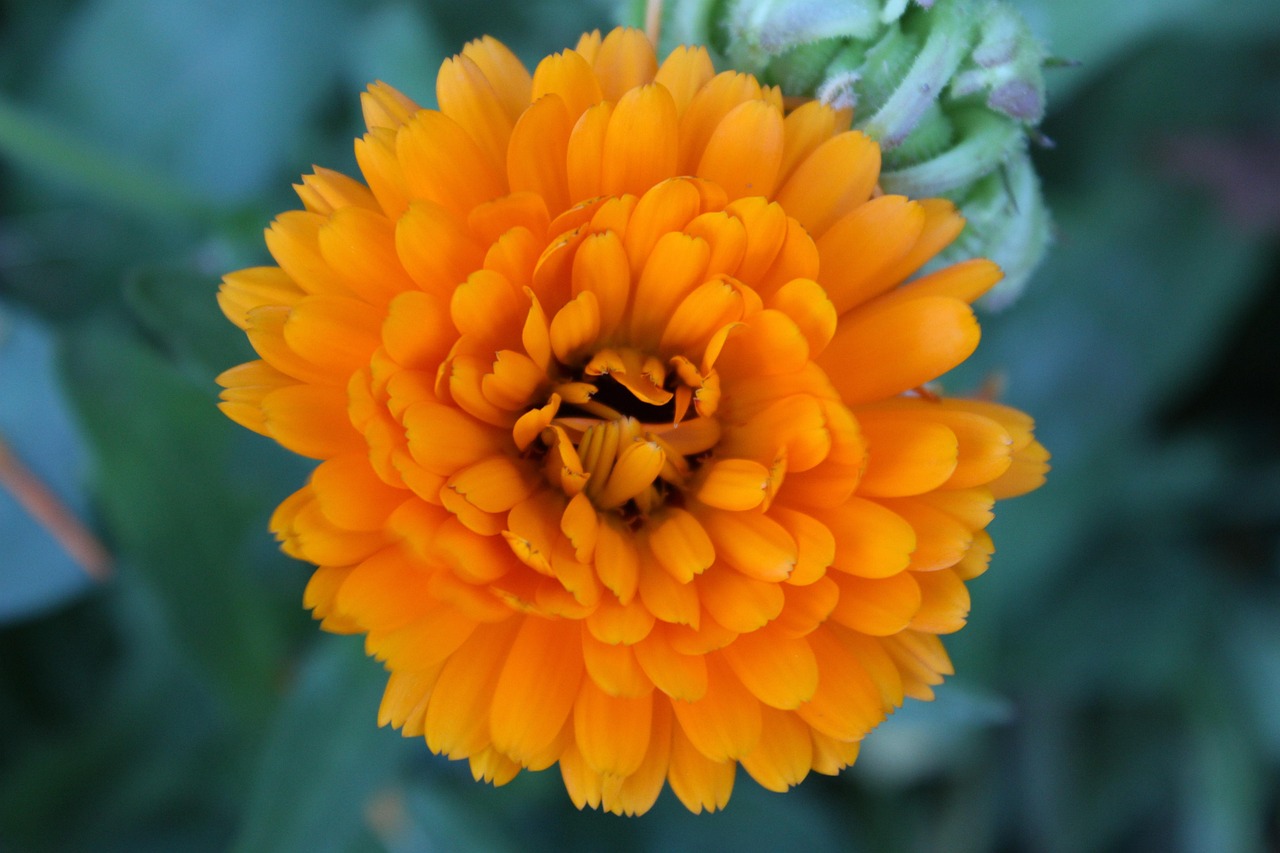
Marigolds are not only cheerful and easy to grow, but they also possess powerful mosquito-repelling properties. These vibrant annuals release a strong scent that deters mosquitoes and other flying insects.
Growing Tips:
- Marigolds love full sun and well-drained soil.
- Deadhead spent flowers regularly to encourage continuous blooming throughout the summer.
Marigold Magic:
- Interplanting marigolds with your vegetable garden can help deter pests like aphids and whiteflies.
5. Lemon Balm: A Fragrant Herb with Multiple Benefits
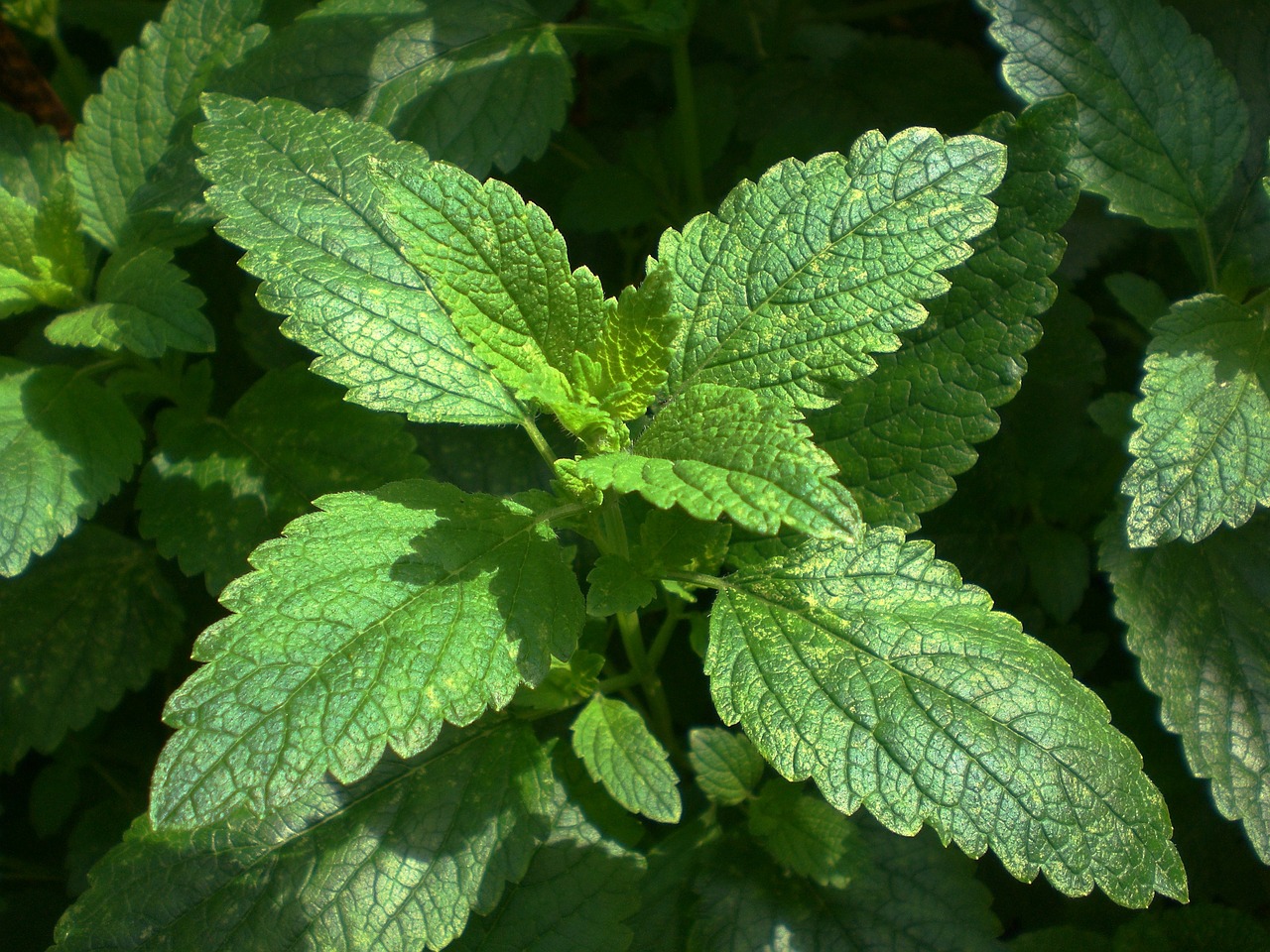
Lemon balm is a versatile herb with a delightful lemon scent. Its leaves can be used to make tea, add a citrusy twist to salads, and, of course, repel mosquitoes. The citronella oil found in lemon balm leaves effectively masks human odors that attract mosquitoes.
Growing Tips:
- Lemon balm thrives in full sun to partial shade and moist, well-drained soil.
- It’s a fast-growing plant, so be prepared to pinch it back occasionally to control its size.
Lemon Balm Bonanza:
- Lemon balm is a member of the mint family and can be quite invasive. To prevent it from taking over your patio, consider planting it in a container.
6. Rosemary: Culinary Delight and Mosquito Repellent
Rosemary is a popular culinary herb with a strong, aromatic scent. The pungent aroma of rosemary oil not only adds flavor to your cooking but also effectively repels mosquitoes and other flying insects.
7. Peppermint: A Refreshing Repellent
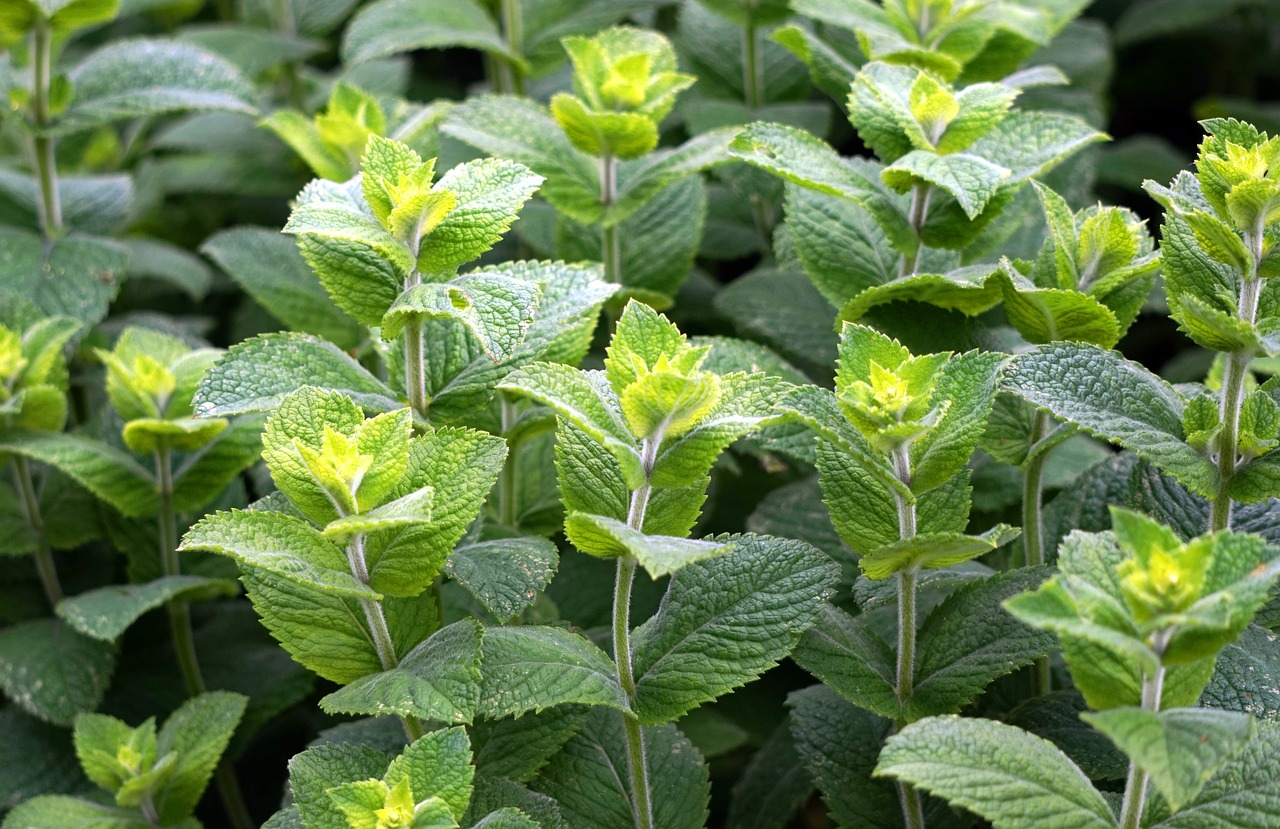
Peppermint is not just for after-dinner mints! This refreshing herb boasts a strong menthol scent that effectively repels mosquitoes and other pesky insects.
Growing Tips:
- Peppermint thrives in full sun to partial shade and moist, well-drained soil.
- Be aware that peppermint is a fast-growing and invasive plant. Planting it in a container is highly recommended to prevent it from taking over your patio.
A Word of Caution:
- The strong scent of peppermint can be overpowering for some people. Consider planting it in a location where you won’t be spending too much time up close.
8. Lemongrass: A Culinary and Mosquito-Repelling Powerhouse
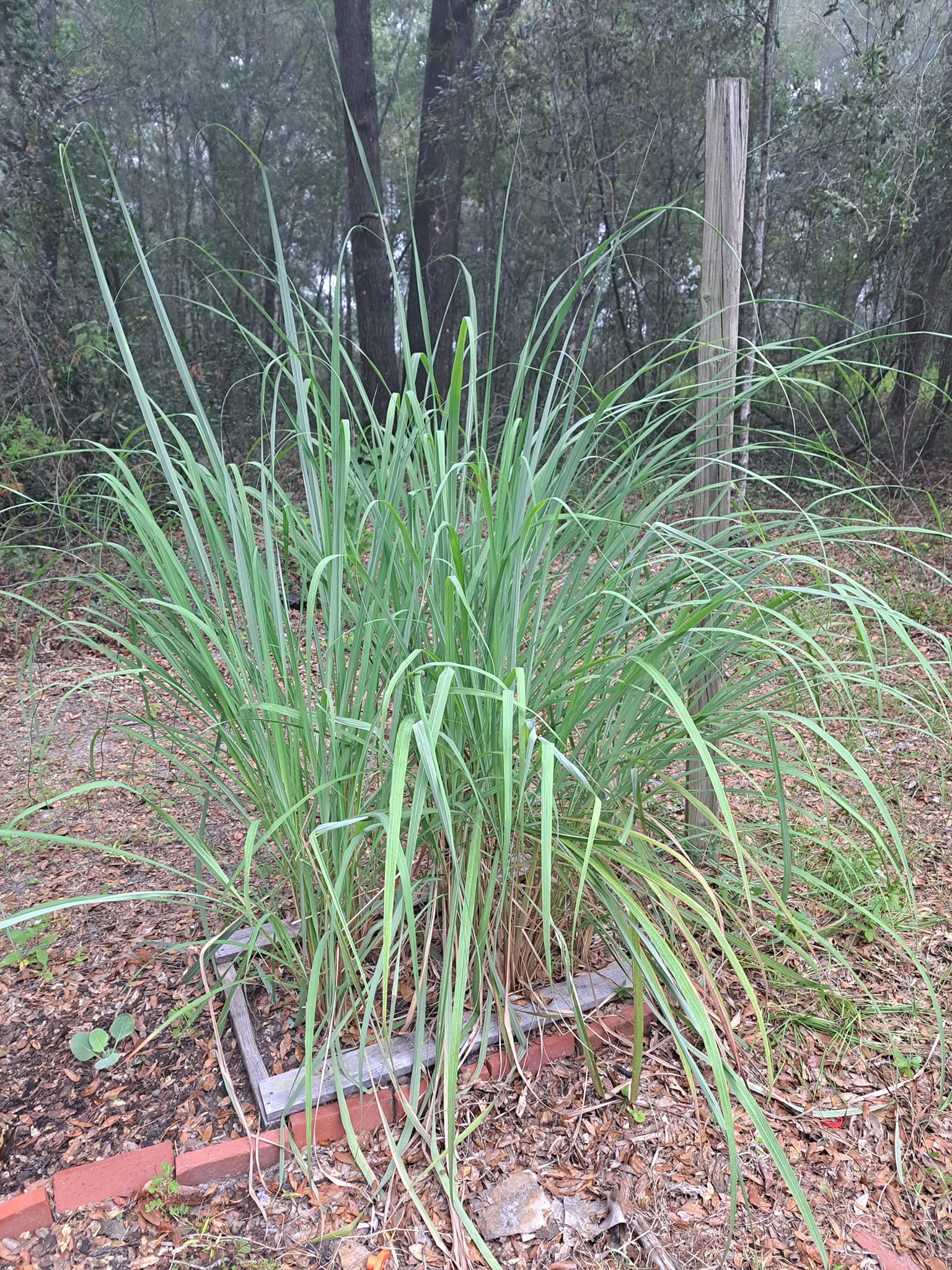
Lemongrass is a popular herb in Asian cuisine, but it also boasts powerful mosquito-repellent properties. Similar to citronella grass, lemongrass contains citronella oil, which effectively masks human odors that attract mosquitoes.
Growing Tips:
- Lemongrass prefers full sun and moist, well-drained soil.
- It can grow quite tall, so choose a large pot to accommodate its growth.
Lemongrass Magic:
- While lemongrass is typically grown as a perennial in warmer climates, it can be brought indoors during the winter months and enjoyed as a houseplant.
9. Pennyroyal: A Powerful Repellent with a Caution
Pennyroyal is a potent mosquito repellent, but it’s important to use caution with this plant. While effective, pennyroyal can be toxic if ingested in large quantities.
Growing Tips:
- Pennyroyal thrives in full sun to partial shade and well-drained soil.
- Due to its toxicity, it’s best to avoid planting pennyroyal around pets or young children.
Alternative Options:
- If you’re concerned about the toxicity of pennyroyal, consider other effective mosquito-repellent plants like citronella grass or catnip.
10. Basil: The Delicious Deterrant
Basil is a beloved herb known for its delicious flavor and use in countless culinary creations. But did you know it can also help keep mosquitoes at bay? The strong scent of basil leaves effectively deters mosquitoes and other flying insects.
Growing Tips:
- Basil thrives in full sun and moist, well-drained soil.
- Pinch back basil leaves regularly to encourage bushier growth.
Bonus Tip:
- Planting basil near your tomato plants can help deter pests like aphids and tomato hornworms.
